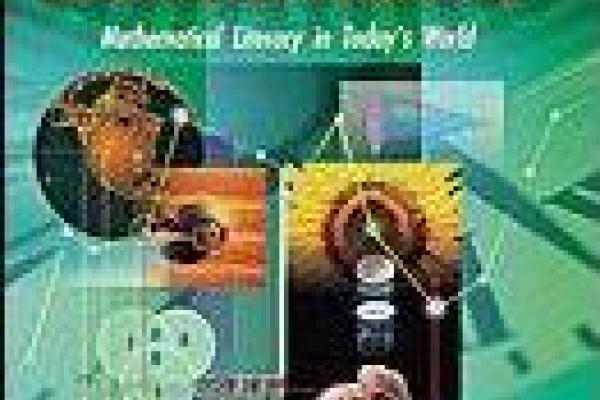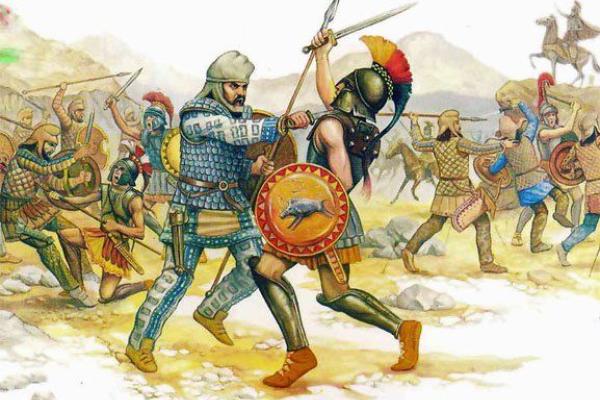Basic page
Plus Magazine
January 2001
Steven J. Brams uses the Cuban missile crisis to illustrate the Theory of Moves, which is not just an abstract mathematical model but one that mirrors the real-life choices, and underlying thinking, of flesh-and-blood decision makers.
Tags
Taxonomy upgrade extras




